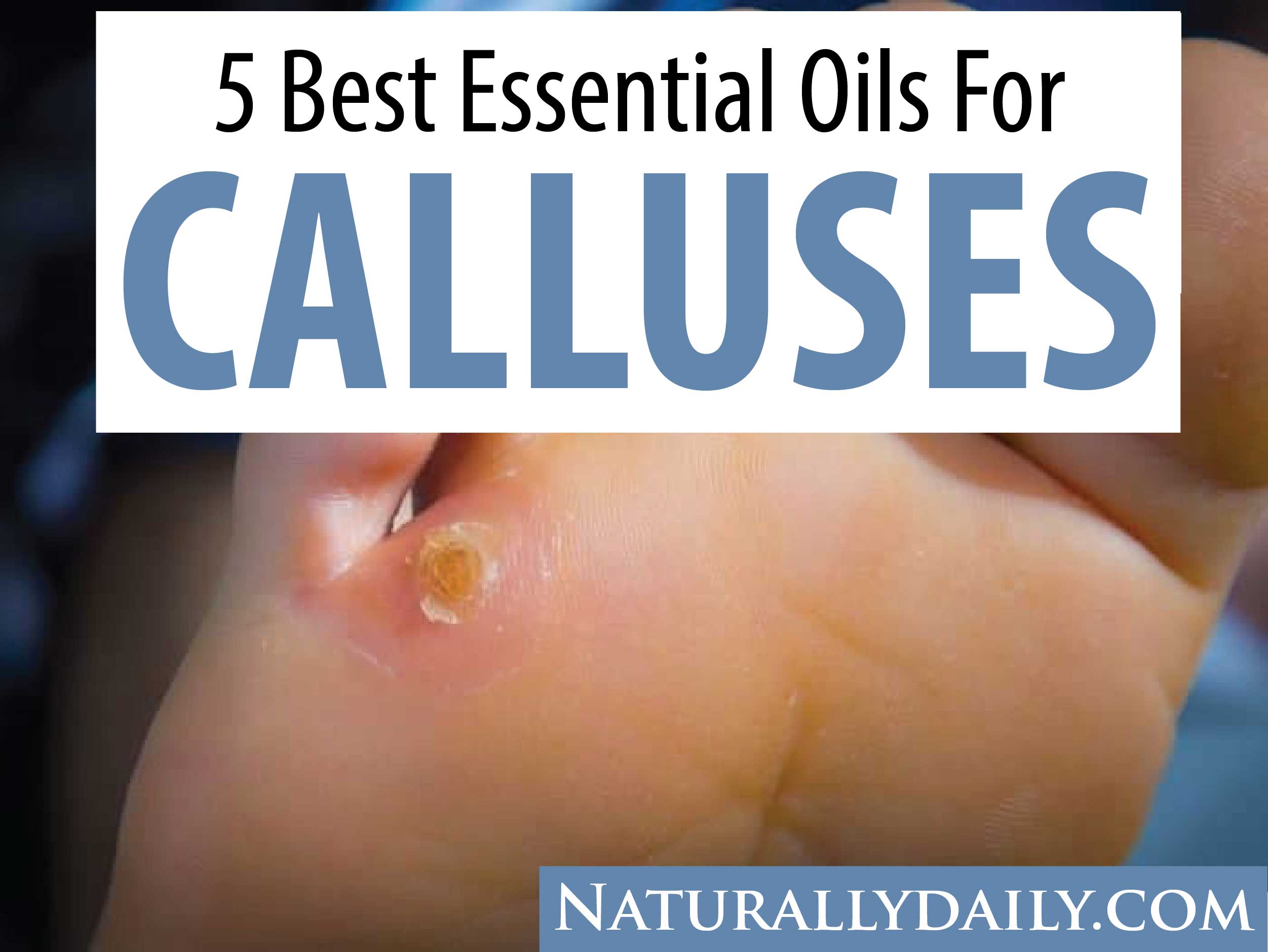In the words of great Greek physician Hippocrates, “All disease begins in the gut.”
Health experts believe that our digestive tract is home to more than 500 different species of bacteria. Gut bacteria are spread throughout your digestive tract, colon, intestines, etc. These are vital for proper digestion, immune system, metabolism, and holistic well-being. (2)
These tiny microorganisms, viruses, and fungi create unique micro-biota inside your stomach. A poor choice of diet, unhealthy lifestyle, stress, exposure to toxin elements, etc., can damage your gut health in no time. (2) Poor gut health can make some bacteria turn against the body and give you a tough time.
Some common stomach disorders you may suffer from are acid reflux or heartburn, GERD, leaky Gut, IBS, IBD, diarrhea, bloating, gas, stomach pain, etc. Health experts claim that poor gut health may increase the risk of severe medical conditions such as heart disease, obesity, diabetes type 2, Crohn’s disease, ulcerative colitis, colon cancer, autism, extreme stress, depression, anxiety, and arthritis. (3)
Clinical and anecdotal data suggest that using essential oils for gut health can naturally relieve much of stomach problems. (1) Essential oils can encourage good bacteria to flourish inside the stomach and eliminate harmful ones.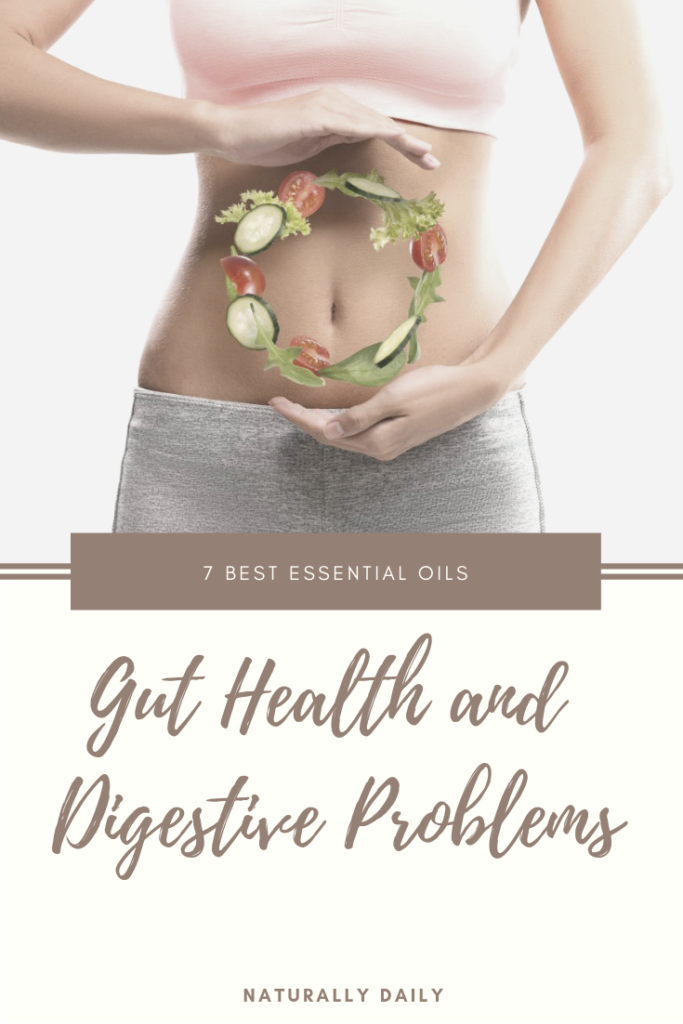
This article reviews the efficacy and uses of essential oils for gut health.
Best Essential Oils for Gut Health and Stomach Issues
1. Lavender Oil
The fresh aroma of lavender is a treat for the senses. Therefore, lavender Oil is perhaps The most crucial essential Oil in aromatherapy. The therapeutic Oil originates from the aromatic lavender flower tops that grow in plenty in the Mediterranean region.
It’s impossible to leave out lavender when making a list of essential oils. The floral scented Oil contains potent anti-inflammatory, antibacterial, analgesic, and antiseptic properties.
Lavender oil is the most famous Oil for promoting restful sleep, soothing the mind, and relieving stress and anxiety.
A topical and internal dose of lavender Oil can help the gut pains and flush out the toxins from the digestive system. (5)
2. Ginger Oil
Ginger or Zingiber officinale is one of the most popular spices in the Indian subcontinent. In addition, ginger root or rhizome is an essential ingredient in Ayurvedic medicinal practices.
From ancient times on, ginger has been a popular home remedy for some stomach disorders and its symptoms such as nausea, vomiting, acid reflux, diarrhea, leaky gut, appetite loss, etc. (6)
Numerous medical researchers have proven the active components 6-gingerol and 6-school in the ginger root have anti-cancer effects on Gastrointestinal cancer.
Ginger essential Oil is an excellent supplement for raw ginger root. Studies have shown that a single drop of ginger oil retains all the natural therapeutic compounds of ginger.
In another study published in the Journal of basic and clinical physiology and pharmacology in 2015, oral administration of ginger oil showed antiulcer activity and inhibited stomach ulcers by 85.1%.
The histopathological examination of the stomach walls of the affected rats showed a significant reduction in hemorrhage, lesions, and erosions. (7)
Ginger oil is a quick remedy for stomach cramps and pains because of its analgesic and anti-inflammatory properties.
RELATED: 10 Health Benefits of Ginger Oil That You Should Know About
3. Thyme Oil
Thyme or Thymus vulgaris is an aromatic perennial herb. The herb belongs to the mint family.
Thyme is an essential ingredient in western cuisine, in commercial mouthwashes, ointments, and aromatherapy. The exceptional therapeutic values of thyme are concentrated in thyme oil.
Since ancient times thyme oil has been famous in the folk medicinal practices of the Mediterranean region and Indian Ayurvedic tradition.
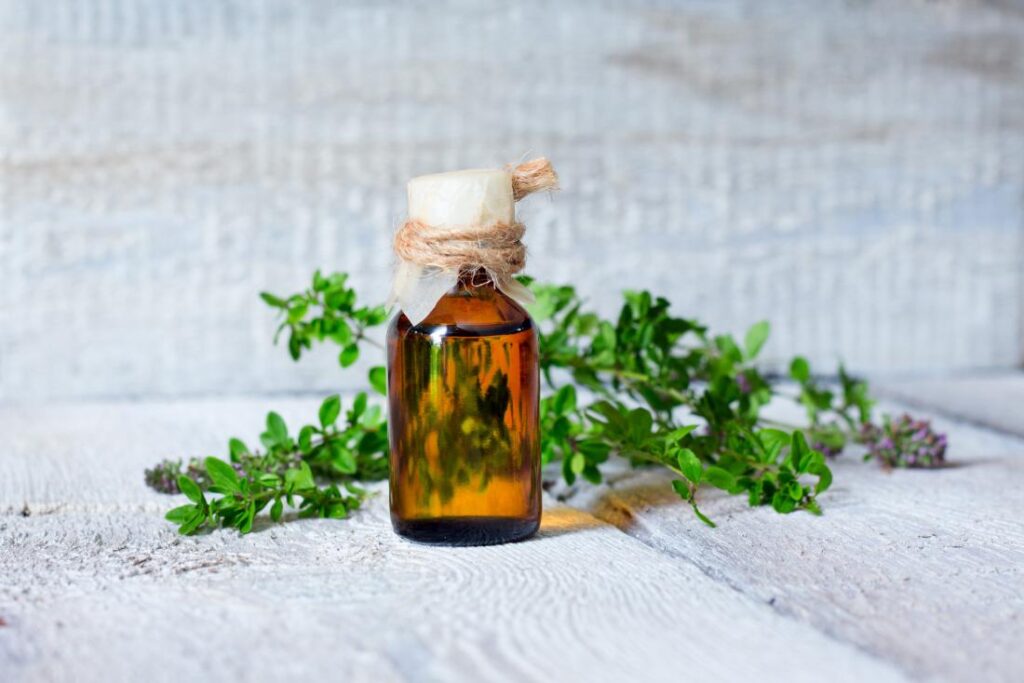
Thyme oil contains potent antibacterial, anti-inflammatory, hypertensive, sedative, and antirheumatic properties. (8)
Hence thyme oil is a practical solution to address poor gut health.
A study conducted at the University of Aberdeen in 2014 shows the beneficial effects of thyme oil in relieving gut problems. The researchers identified the thyme oil’s two active components, thymol, and geraniol. (8)
These two therapeutic compounds inhibit lousy gut bacteria, especially in the small intestines. Moreover, Oil can have no adverse impacts on good colonic bacteria.
4. Peppermint Oil
Peppermint Essential Oil comes from the aromatic flowers and leaves of peppermint herbs.
Peppermint or Mentha Piperita is a hybrid of watermint and spearmint plants. The healing herb grows prolifically, almost like weeds.
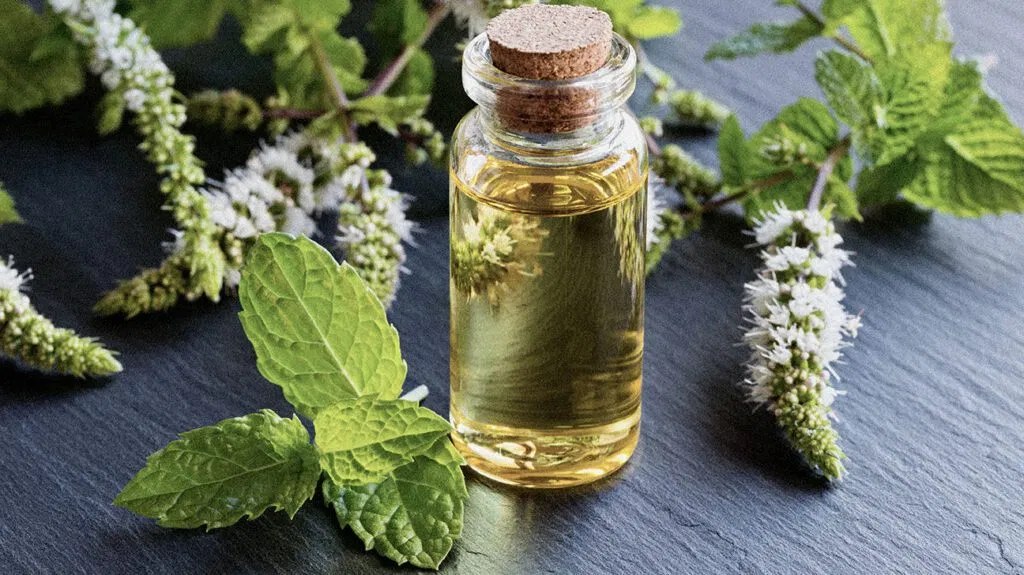
Historically peppermint oil is one of the oldest known medicinal ingredients in Europe.
Peppermint has extensive medicinal uses in the ancient Japanese, Chinese, and Egyptian cultures for some 1000 years B.C.
Peppermint oil contains a host of therapeutic components such as anti-inflammatory omega-3 fatty acids, antibacterial, antiemetic, sedative, analgesic, and antifungal properties. (9)
After the steam distillation of the peppermint herbs, the Oil contains 20% menthone and 40% menthol compounds. The menthol provides the cooling sensation of peppermint oil.
The herbal Oil is a popular home remedy for nausea and vomiting related to poor gut health. Moreover, the cooling effects of peppermint oil can soothe IBS. (10)
RELATED: 12 Health Benefits of Peppermint Oil + (How to Use It)
5. Fennel Oil
Fennel seeds are dried seeds from therapeutically potent- fennel herb. The flowering fennel herb belongs to the carrot family. Fennel seeds are a favorite ingredient in Indian cuisine because it has a warm and aromatic flavor.
From ancient times, fennel seeds, coriander, and dill have been popular digestive aids in Indian culture. Strong licorice-flavored fennel essential Oil comes from the steam distillation of the roots or the aerial parts of the fennel herbs. (11)
Fennel oil is rich in antibacterial, antioxidant, anti-inflammatory, and antispasmodic compounds. Thus, aromatic Oil can maintain and support good gut health.
A single drop of fennel oil, when applied topically to the belly button of your little ones, can relieve the stomach cramps.
Moreover, internal oil consumption in recommended dosage can take care of excessive gas, bloating, constipation, and IBS. Fennel oil can boost the body’s metabolism and aid in weight loss. (11)
RELATED: 19 Home Remedies to Get Rid of Indigestion Fast
6. Cardamom Oil
Cardamom is a favorite and expensive spice in Indian cuisine. The aromatic herb belongs to the ginger family. Hence the natural ingredient has similar beneficial effects on your gut health as ginger.
Cardamom is a native of India but made its way to the western world in ancient times through spice trades.
In the Indian Ayurvedic practice, cardamom fruit pods are an essential ingredient. In addition, cardamom has a versatile use in medicine, perfume, foods, spiritual rituals, etc.
Some of the significant Cardamom essential oils are 1,8-cineol, terpinenes, ethyl alcohol, monoterpenoid esters, etc. (12)
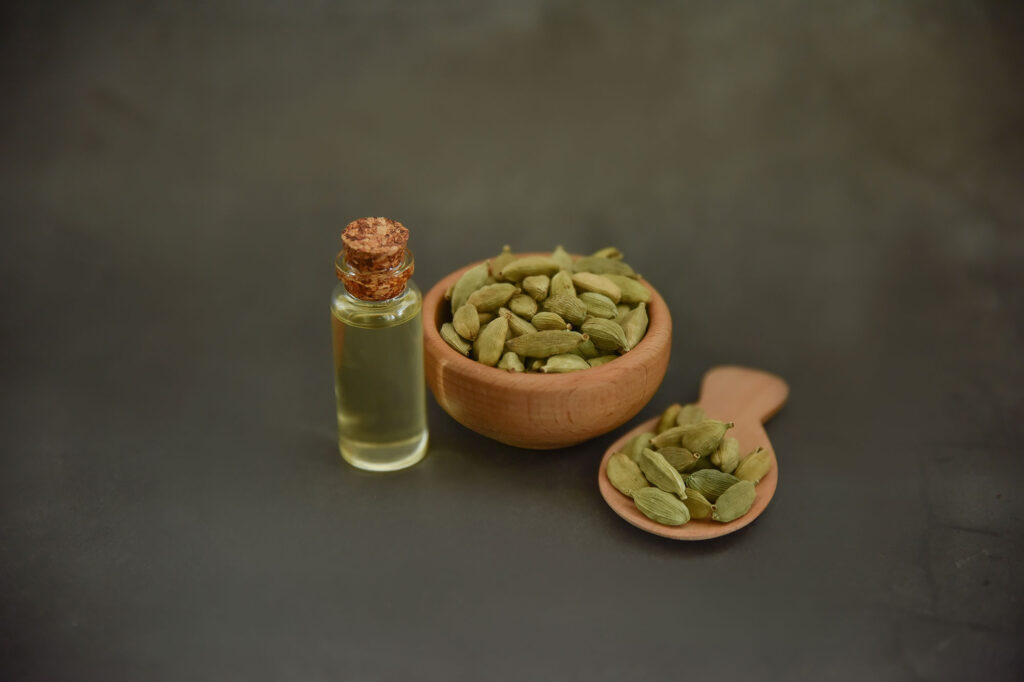
Studies have proven the exceptional antioxidant activities of Cardamom oil. Moreover, the Oil has anti-inflammatory, antispasmodic, and gastroprotective effects.
These therapeutic components in cardamom oil have many digestive health benefits, including nausea, stomach muscle spasms, gastric ulcers, etc.
A 2005 study has shown the beneficial effects of cardamom in inhibiting gastrointestinal disorders and reducing gastric lesions. (12)
You can topically apply the Oil or orally consume it in recommended dosage to soothe the muscle tension in the stomach.
Cardamom oil has healing effects on your body and mind. In addition, it can relieve stress-related stomach problems with its sweet aroma.
RELATED: 11 Home Remedies to Get Rid of Stomach Ache That’ll Work
7. Clove Oil
Clove essential Oil comes from the flower buds of Eugenia Caryophyllaceae, an evergreen tree.
The pink clove flower buds are dried brown, and the Oil is steam distilled from them. Clove has been a popular spice and medicinal ingredient in Chinese and Indian traditions since ancient times.
The aromatic spice is a popular remedy for oral hygiene, toothache, bad breath, cottonmouth, and digestive disorders.
Numerous researchers say clove oil contains more antioxidants than any other essential oil. Hence the Oil can detoxify the body of harmful elements.
Like all other essential oils, clove oil is rich in antibacterial, anti-inflammatory, and antispasmodic properties.
An abdominal massage of clove oil can inhibit intestinal inflammations, stomach upset, etc. (13)
RELATED: 11 Natural Ways to Cure Muscle Spasms in Stomach & Reasons
How to Use Essential Oils for Digestion Problems and Gut Health?
Essential oils have exceptional benefits for overall gut health. However, you need to use these oils cautiously and in recommended dosage only. Here are two ways to use essential oils for optimum gut health.
1. Topical Application
The topical application of essential oils refers to massaging your stomach with an essential oil blend. Here’s how you should do it.
What You’ll Need:
Recommended Directions:
- Combine essential oils and add carrier oil to the blend.
- Massage the oil blend on the gut region to relieve stomach muscle spasms, aches, etc.
2. Internal Application
It would help if you were extra careful in case you are consuming essential oils internally to relieve stomach disorders. Follow the recommended directions below.
What You’ll Need:
- 2-3 drops of ginger or clove essential oil
- Empty capsules or a cup of warm tea
Recommended Directions:
- Fill the capsule with your chosen essential Oil and consume it twice daily.
- Alternatively, add a couple of drops of essential Oil to your tea and consume it.
- Make sure you give a 5 hours break before you go for the second essential oil dose.
Bottom Line
Life is better when you have a sound digestive system. The stomach is the cornerstone of your health, and optimum gut health is a key to your overall wellness.
A ‘gut-brain axis’ in your brain defines the connection between the nervous system and the stomach. The condition of bacteria in the gut has a massive impact on your overall health. Poor gut health may raise the risk of several medical conditions. (4)
Essential oils’ potent therapeutic effects may promote gut flora and ensure optimum stomach health. A plant-based diet, probiotic foods, a healthy lifestyle, personal hygiene, etc., are all essential to maintaining a healthy gut and overall wellness.
READ NEXT: 14 Home Remedies for Loose Motion That Work







